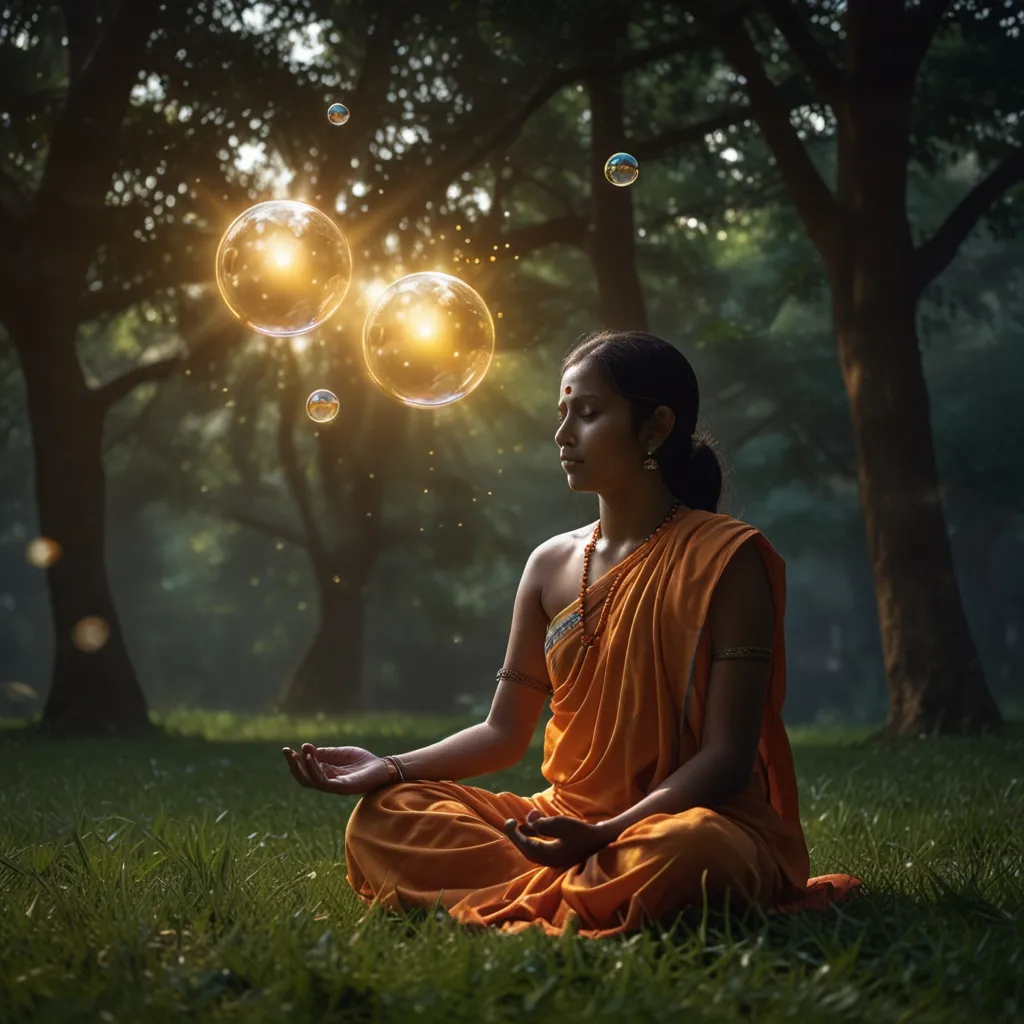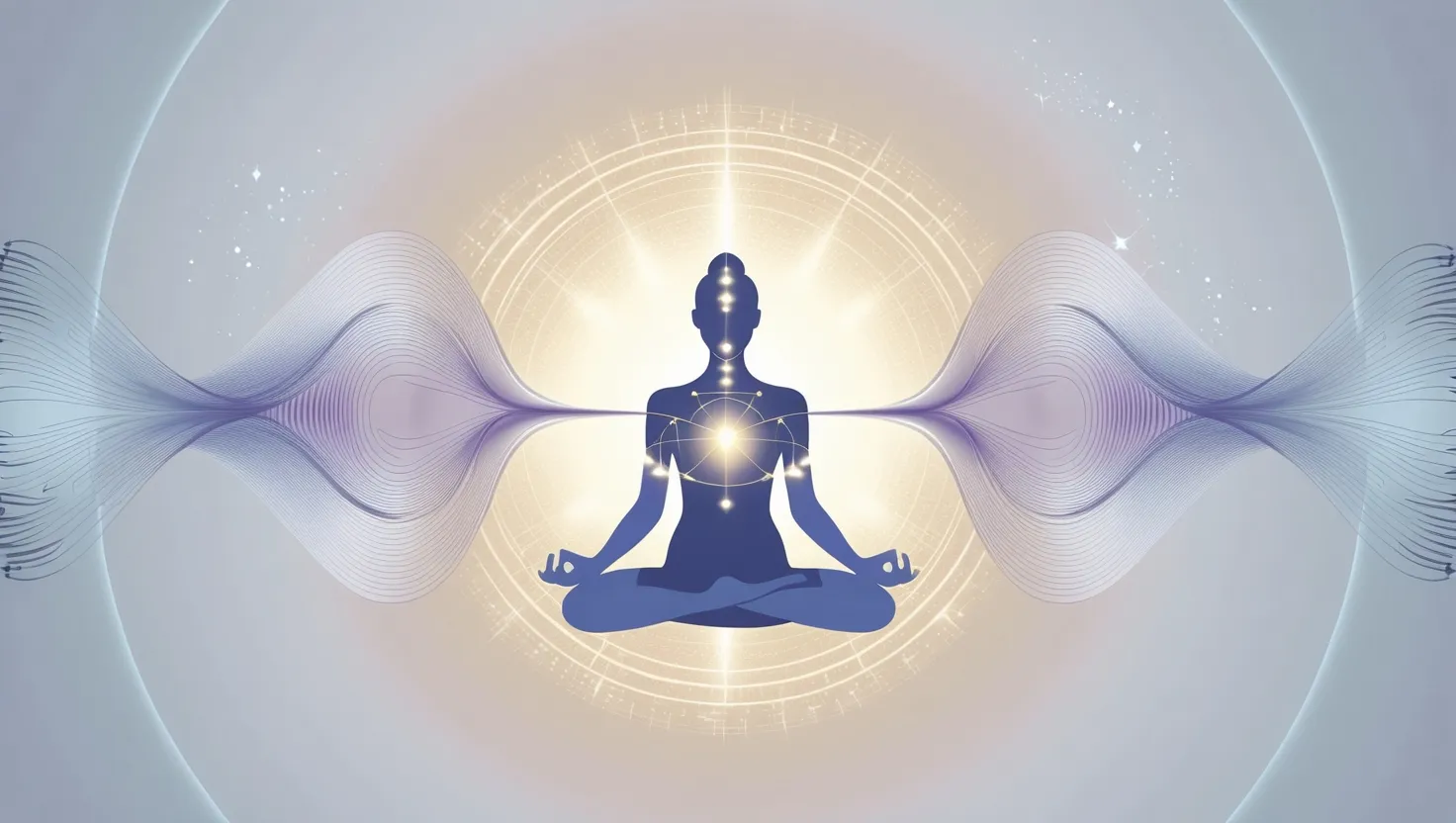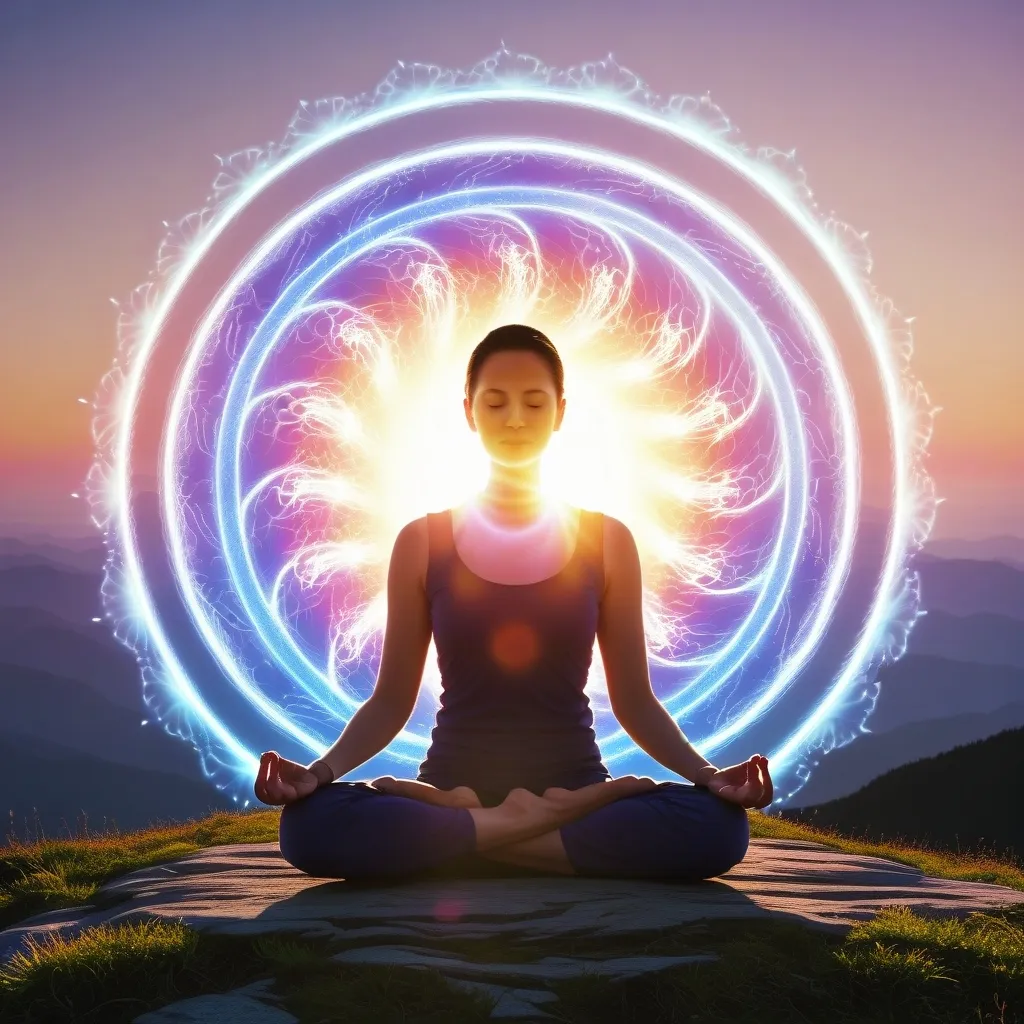Dreams have always been super intriguing in Hindu spirituality. They’re seen as a bridge linking our conscious and subconscious mind, offering deep insights into our inner selves and the universe around us. In Hinduism, dreams are split into three states: jagrat (wakeful state), swapna (dream state), and sushupti (dreamless deep sleep state). Each of these states represents different levels of consciousness and holds its own importance.
The roots of dream concepts in Hinduism go way back to ancient texts like the Vedas and Upanishads. These scriptures describe dreams as a window into an individual’s mental status. Some dreams are considered good or bad omens, reflecting mental health and potentially foreshadowing future events. It’s not just about superstition; there’s a belief that dreams can expose hidden truths about our lives.
Hindu philosophy sees dreams as the mind’s creation, influenced by the atman (the soul). This means dreams aren’t just random brain waves—they’re reflections of our deeper selves. The mind’s ability to craft these dreamscapes is viewed as a sign of its creative and imaginative power.
Lucid dreaming, or being aware that you’re dreaming, holds a special place in Hindu spirituality. Techniques like yoga-nidra and meditation are used to encourage lucid dreaming. This practice allows individuals to explore their subconscious and achieve higher self-awareness, promoting spiritual growth and self-realization.
Interpreting dreams in Hinduism isn’t just about decoding symbols and images. It’s also about understanding oneself. Dreams act as a tool for self-discovery, helping people understand their desires, fears, and aspirations. By analyzing dreams, one can gain valuable insights into their own psyche and the world around them.
Hindu sages have written extensively about dreams and their meanings. For example, Rishi Patanjali emphasized the importance of dreams in his teachings. Modern spiritual leaders like Swami Sivananda have also discussed how dreams contribute to spiritual growth.
Hindu scriptures outline a comprehensive framework for understanding dreams. The Yogavasishtha, for instance, views dreams as a path to spiritual enlightenment. It suggests that by exploring dreams, we can access our subconscious and reach a higher state of consciousness.
In Hindu spirituality, dreams serve multiple purposes. They help in understanding oneself, promoting spiritual growth, and providing glimpses into the future. Studying dreams can lead to a deeper understanding of the mind, resulting in a more fulfilling and meaningful life.
In essence, dreams in Hindu spirituality are much more than random occurrences. They’re a glimpse into our subconscious and a tool for achieving self-awareness and spiritual growth.






